The diet is formulated using rice, potatoes, tea, and other unconventional feed sources for growing and fattening pigs.
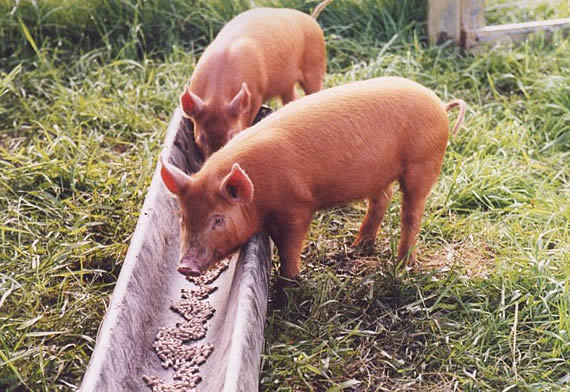
Soybean meal is an excellent protein source and is widely used in pig feed. However, the Americas account for more than 80% of global soybean production, so European and Asia swine production largely depends on soybean imports.
The use of safe and functional unconventional feed sources can effectively alleviate worldwide protein shortage problems.
With that challenge in mind, researchers from China formulated a low-protein soybean-free diet (LPNS) for growing and fattening pigs using rice, potatoes, tea, and other unconventional feed sources.
Fatty-type pigs and research method
For their research, the researchers used Daweizi pigs. This fatty-type pig breed in China is characterized by tender meat and tolerance to rough feeding. However, compared with lean-type pigs, such as Duroc × Landrace × Large White pigs, Daweizi pigs have a lower growth rate and feed efficiency, a higher fat percentage, and a lower lean mass rate.
Thirty-six healthy Daweizi pigs (average body weight 23.60 ± 1.34 kg) were raised under the same conditions and randomly assigned to two dietary treatments: (1) Con group, corn-soybean base meal and (2) LPNS group.
When the average weight of pigs in the group reached 85kg, two pigs per pen were randomly selected and euthanized for collection of the colonic digesta and carcass traits and for meat quality determination.
Significant improvement on carcass traits and meat quality
Compared with the corn-soybean based diet, the LPNS diet decreased the average daily gain (ADG) and feed conversion ratio (FCR) of Daweizi pigs but had a lower cost per kilogram of gain.
In addition, the LPNS diet significantly increased leanness and decreased the fat-skin rate and bone rate of Daweizi pigs. The cooking loss of meat decreased, and unsaturated fatty acids such as C22:6 and n−3 PUFA significantly increased in the LPNS group. Moreover, the purine content in the meat substantially decreased with the LPNS diet.
The 16S rDNA analysis revealed that the LPNS diet greatly modified the composition of the colonic microbiota community, with a decrease in the Firmicutes/Bacteroidetes ratio and an increase in the abundance of Lactobacillus spp.
Conclusion
The researchers concluded that compared with the corn-soybean meal-type diet, the LPNS diet significantly improved the carcass traits and meat quality of Daweizi pigs, although it affected the feed-to-weight ratio.
Therefore, they suggest the use of other alternative feed sources that could be grown locally for fatty-type local pig breeds, which are cost-effective and suitable for small-scale pig farming.
Subscribe now to the technical pig magazine
AUTHORS
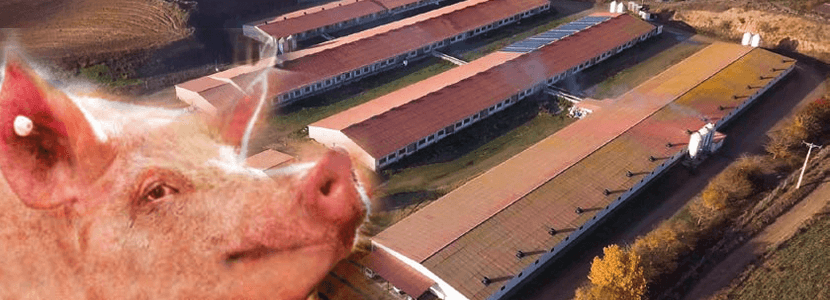
Bifet Gracia Farm & Nedap – Automated feeding in swine nurseries

The importance of Water on pig farms
Fernando Laguna Arán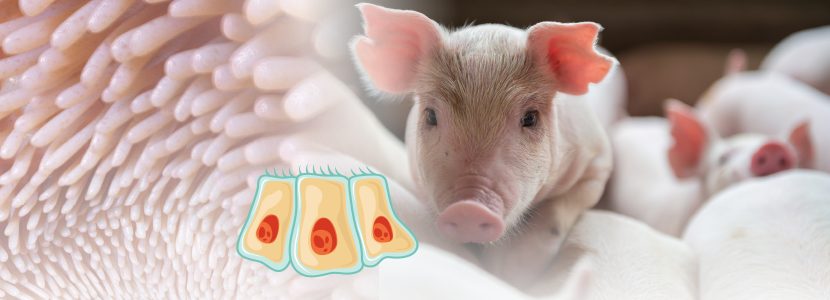
Microbiota & Intestinal Barrier Integrity – Keys to Piglet Health
Alberto Morillo Alujas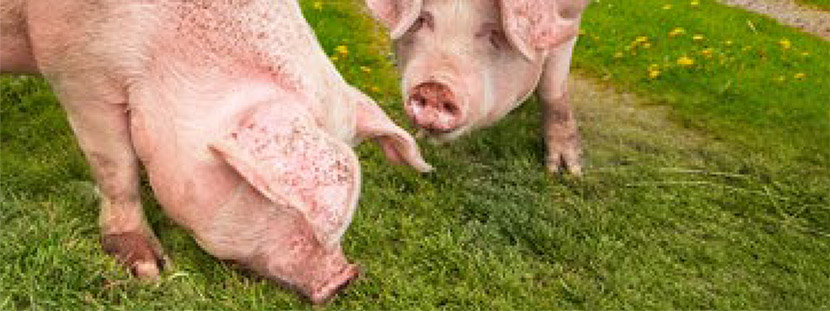
Impact of Reducing Antibiotic use, the Dutch experience
Ron Bergevoet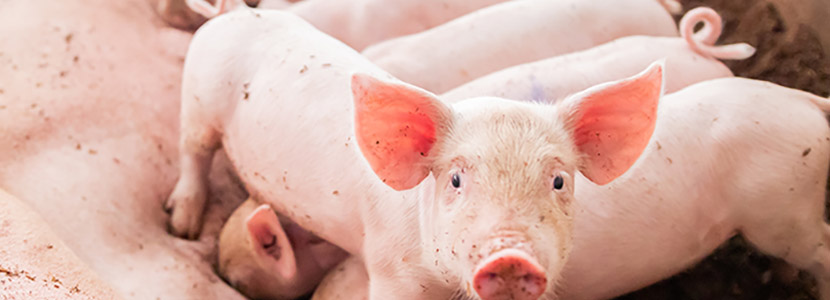
The keys to successful Lactation in hyperprolific sows
Mercedes Sebastián Lafuente
Addressing the challenge of Management in Transition
Víctor Fernández Segundo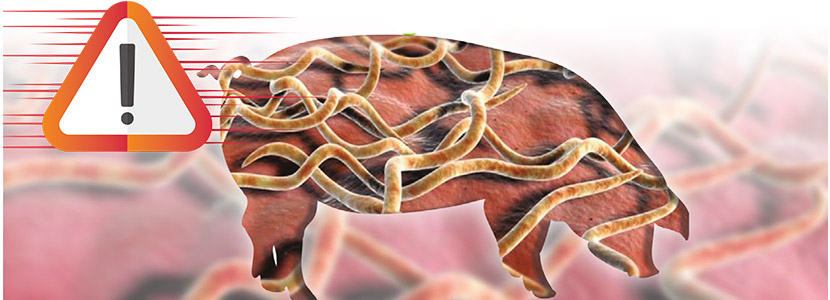
Dealing with the rise of Swine Dysentery
Roberto M. C. Guedes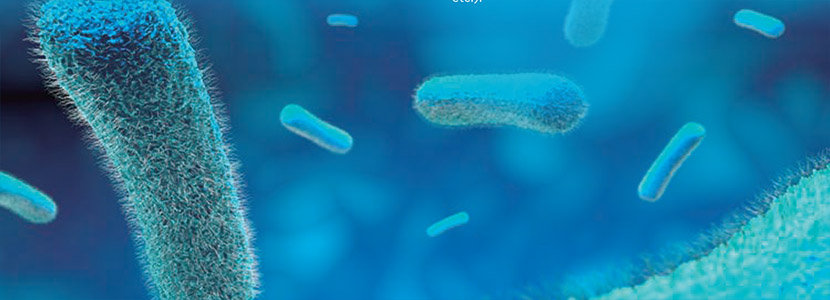
Actinobacillus pleuropneumoniae – What are we dealing with?
Marcelo Gottschalk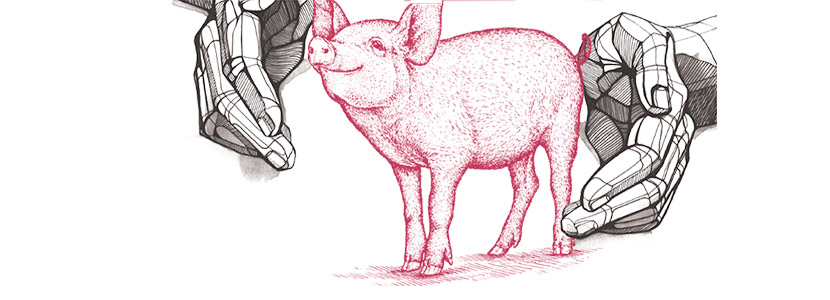
The new era of Animal Welfare in Pig Production – Are we ready?
Antonio Velarde
Gut health in piglets – What can we do to measure and improve it?
Alberto Morillo Alujas
Interview with Cristina Massot – Animal Health in Europe after April 2021
Cristina Massot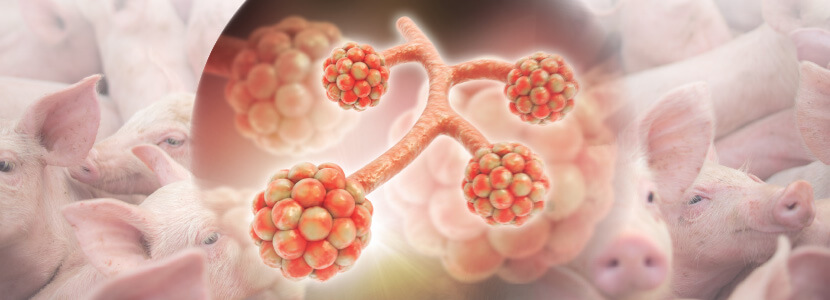
Differential diagnosis of respiratory processes in pigs
Desirée Martín Jurado Gema Chacón Pérez